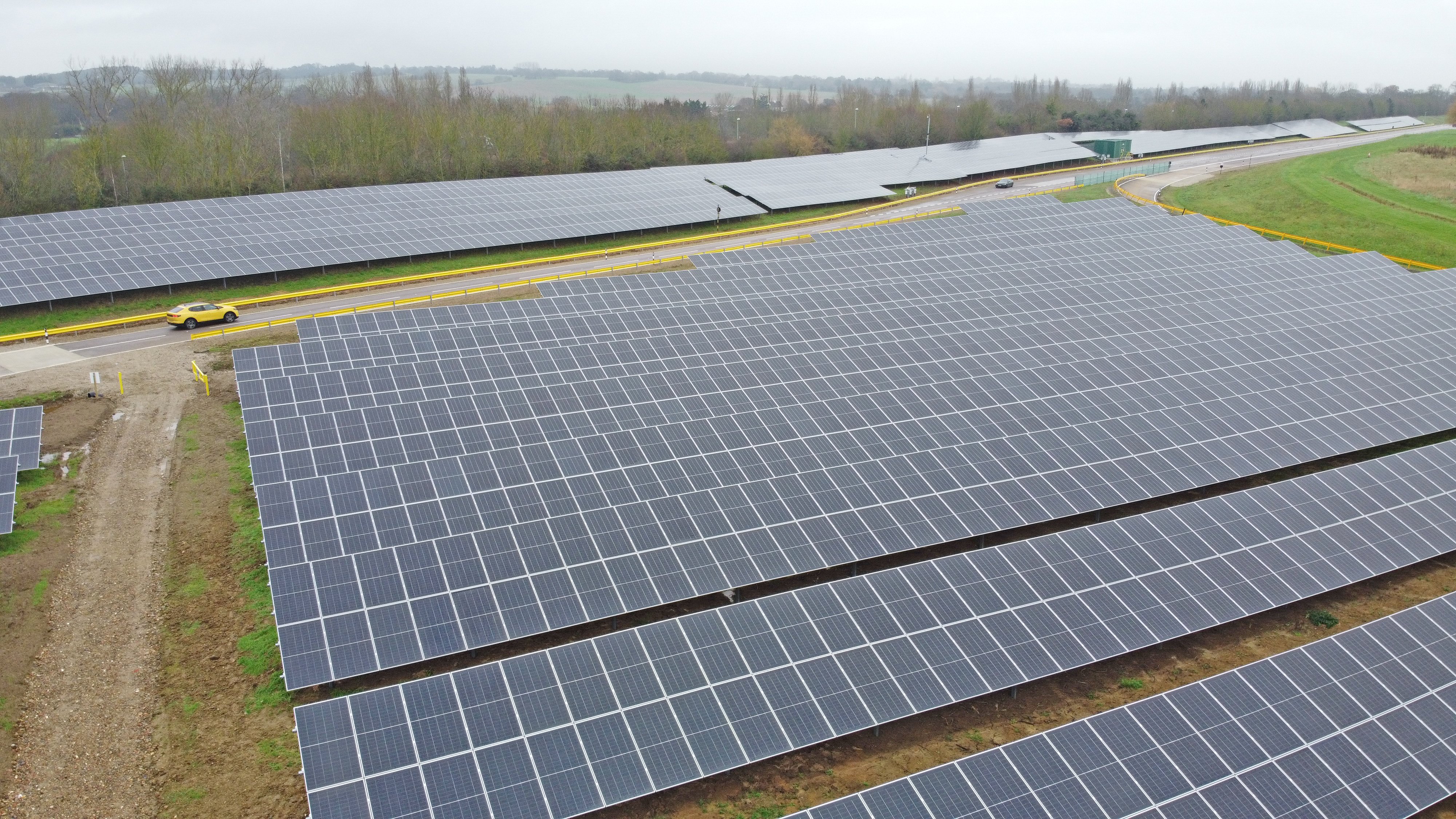In an era marked by a shift towards sustainable practices, the adoption of onsite and near-site solar energy is gaining traction among businesses in Europe.
The economic appeal of solar energy is becoming just as compelling as its environmental allure, with prices to install a system dropping considerably in recent years. By generating their own power, businesses can avoid purchasing electricity from third-party providers, insulating themselves from unpredictable energy market fluctuations and reaping long-term cost savings.
Given the collective anxiety stemming from energy uncertainty due to the war in Ukraine, this certainty is more valuable than ever. This also allows for investors to more confidently operate, given the energy expenditures of companies self-producing their energy can be more reliably modeled over the long term.
Solar energy's environmental benefits are equally noteworthy, providing a source of electricity without emitting greenhouse gases or pollutants. Thus, businesses that integrate solar solutions not only minimize their carbon impact but also stake a claim in the sustainable development movement, one which is set to see massive growth in the coming years.
Beyond energy self-sufficiency, a robust solar system can provide complete energy independence for businesses. Any surplus energy generated can be fed back into the grid, transforming a solar facility into a potential revenue stream. Moreover, the modern market sees "green" initiatives as gold. Stakeholders, from customers to investors, appreciate and often reward businesses that prioritize sustainable practices. By undertaking solar initiatives, companies can enhance their public image and brand reputation, ultimately giving them a step up on their competition.
Additionally, solar solutions can now easily be paired with state-of-the-art energy storage. Capturing and storing solar energy during daylight hours means companies can access this energy even when the sun is down, granting them more flexibility in how they use their self-generated energy.
Ultimately, Europe will continue to find ways to incentivize the adoption of on-site and near site solar plants. Although the Net Zero Industry Act leaves much to be desired, especially when it comes to direct support to manufacturers, the desire is there to accelerate the scaling of clean energy production on the continent. Shifting Europe’s energy system to a more reliable, decentralized system will allow Europe to better compete on the global scale, and to assert itself once again as a world leader in the green economy.
In the end, the choice to adopt onsite and near-site solar energy is not merely a nod to environmental concerns—it's a strategic business decision, and one which European firms should not take lightly. With advantages spanning economic, environmental, and reputational realms, solar energy presents a multifaceted opportunity for forward-thinking companies to not only slash operating costs, but to position themselves as sustainable leaders in their fields.

Mikael Liimatainen
Global Account Manager, Solnet Group




